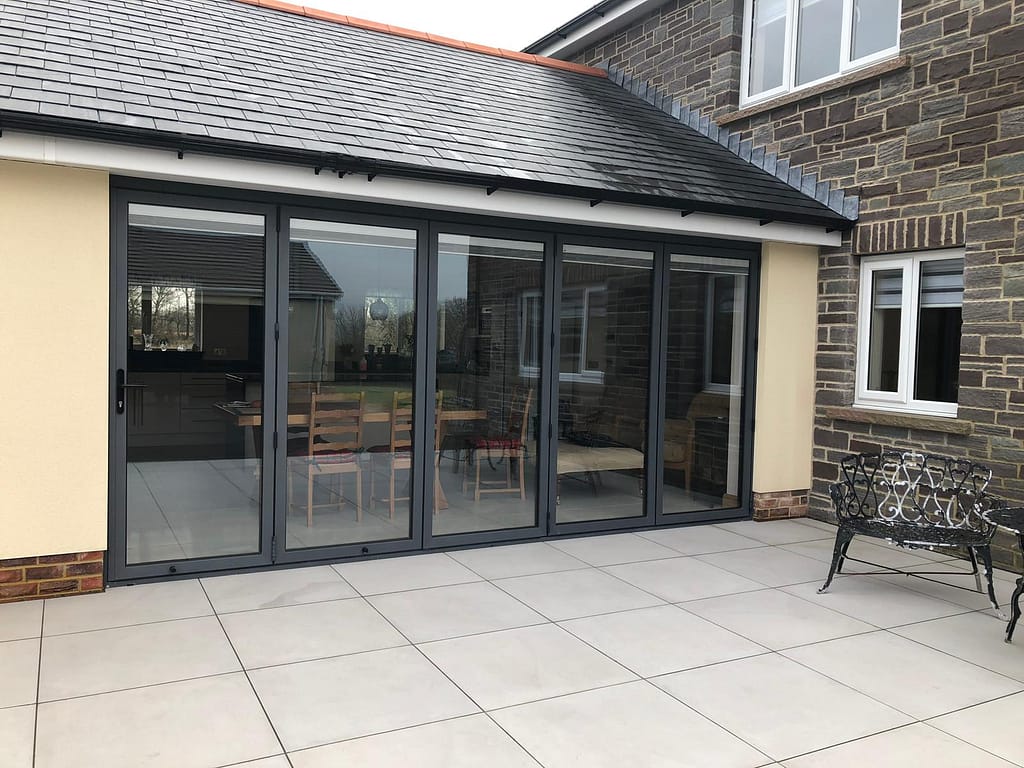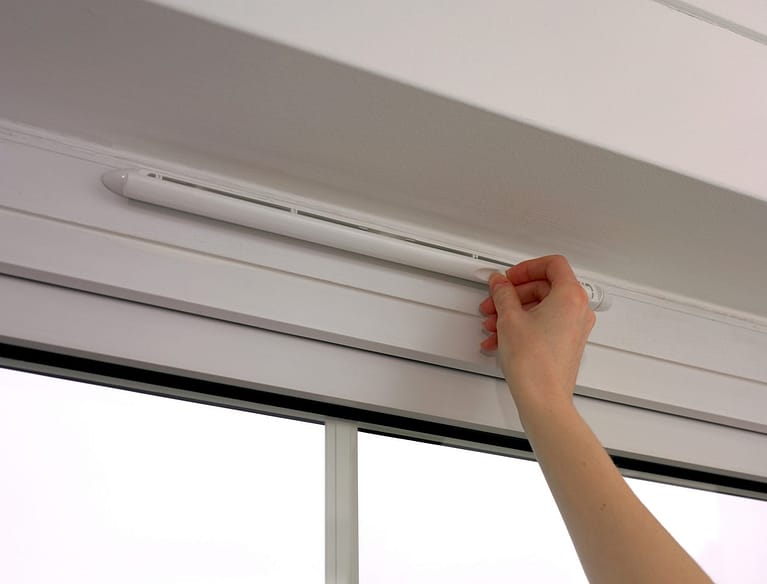When it comes to installing new windows in your home, you may be faced with the decision of choosing between national or regional window installers. While both options have their advantages and disadvantages, it’s important to consider factors such as cost, experience, and customer service before making a final decision. This guide will help you weigh the pros and cons of each option to make an informed choice.
National Window Installers: Pros and Cons.
National window installers have the advantage of being well-known and established in the industry. They often have a larger team of experienced professionals and may offer a wider range of products and services. However, they may also come with a higher price tag and may not provide the same level of personalized customer service as a regional installer. It’s important to do your research and read reviews before choosing a national window installer.
Regional Window Installers: Pros and Cons.
Regional window installers have the advantage of being more familiar with the local climate and building codes. They may also have a better understanding of the specific needs and preferences of homeowners in the area. Additionally, regional installers may offer more personalised customer service and may be more willing to work with you to find a solution that fits your budget. However, they may have a smaller team and may not offer the same range of products and services as a national installer. It’s important to weigh the pros and cons of each option before making a decision.
Consider Your Budget and Timeline.
When deciding between national and regional window installers, it’s important to consider your budget and timeline. National installers may have more resources and a larger team, which can result in faster installation times. However, regional installers may be more willing to work with you to find a solution that fits your budget and timeline, as they may have more flexibility in their pricing and scheduling. It’s important to weigh these factors and determine which option is best for your specific needs and preferences.
Look for Reviews and Recommendations.
One of the best ways to make an informed decision when choosing between national and regional window installers is to look for reviews and recommendations from previous customers. Check online review sites like Google and Yell, and ask friends and family members if they have any recommendations. Pay attention to comments about the quality of the installation, customer service, and overall experience. This can give you a better idea of what to expect from each option and help you make a more informed decision.
Ask for Quotes and Compare.
Once you have narrowed down your options to a few national and regional window installers, it’s time to ask for quotes and compare. Make sure to provide each company with the same information about your project, including the number and size of windows and any special requirements. This will help you get accurate quotes and make a fair comparison. Don’t forget to consider factors like warranty, quality of product, and customer service when making your final decision.
Call us now on 01269 596480 for a free no obligation quote, or click below to book a free no obligation quote for your windows & doors.




